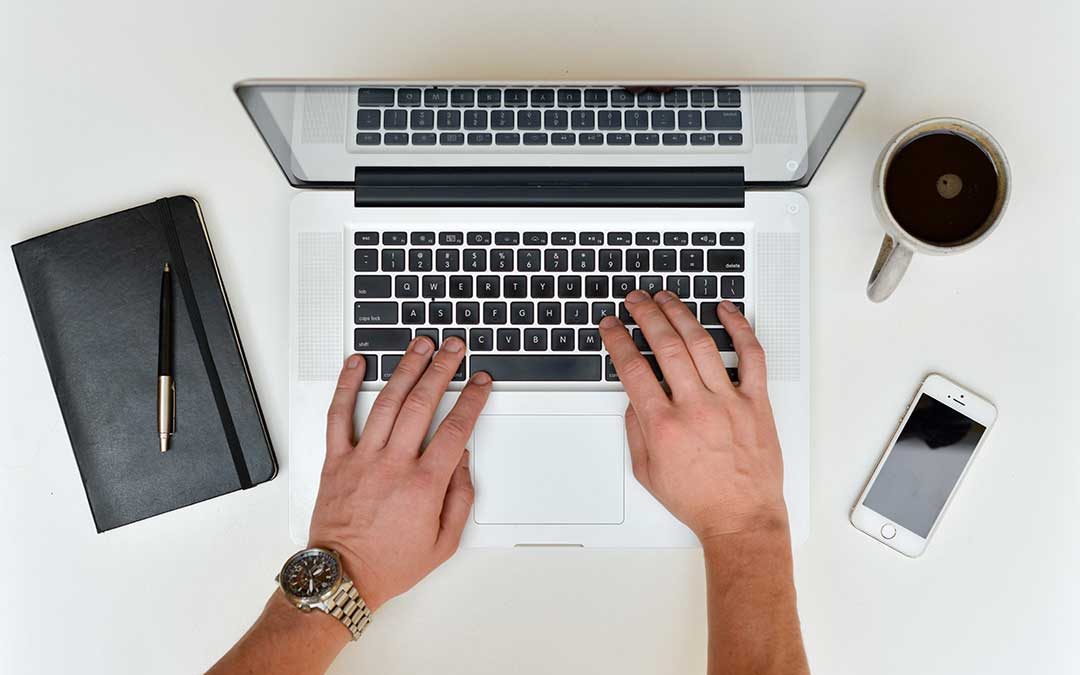Over 90 per cent of all mail being sent or received is done so through electronic means. While e-mail is convenient and fast it also has its drawbacks as you have a constant flow, almost bombardment, of information, with speed trumping style, often resulting in a lack of context. Constant communication does not always equate to good communication and mistakes are made. In order to make the best use of your time and become more efficient and effective implement these following measures:
1. Set aside times each day for checking and responding to email versus continually checking it.
2. Read the entire email instead of skimming over, paying close attention when on mobile devices since the screen format has visual limitations.
3. Clarity, conciseness, and brevity are important. Try to say more with less, using shorter sentences and bullet points.
4. Proofread your email for spelling and grammar.
5. Consider the addressees on your email. Simply sending something to a wider audience is not always effective.
6. Avoid hasty, emotional responses you will later regret. Once you click it is gone and there is no recoverability.
7. Do not use e-mail for debating or arguing a position, especially with a wide audience.
8. Consider the appropriateness of the subject matter. Something which is confidential, private, or sensitive should not be sent out into cyber-space. If you must, limit distribution and ensure it is through secure means. Keep e-mail work-related and avoid political or social issues.
9. Keep a written list next to your desk to help reinforce your short-term memory.
10. Adopt a set of guidelines for the use of e-mail.

